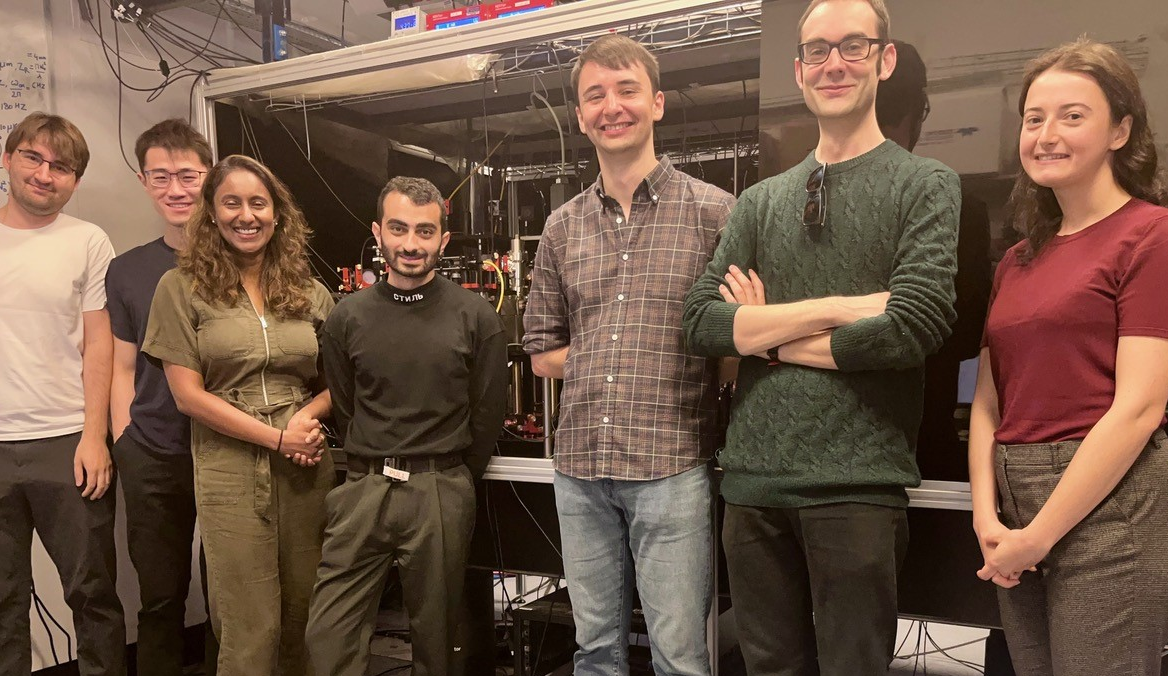New calculations show how experiments will recreate early-universe quantum effects

Congratulations to CPI postdoctoral researcher Alex Jenkins for his paper on “Analog vacuum decay from vacuum initial conditions”, selected as an editor’s highlight by Physical Review D.
The work is part of an interdisciplinary effort to study profound questions about the Universe’s origins by simulating them in tabletop experiments, using ultra-cold atoms to mimic quantum aspects of the opening moments of our cosmos. Using theoretical calculations and numerical simulations, Jenkins and his co-authors delved into how this can be accomplished. They showed that these experiments can indeed replicate quantum processes in the early Universe, using experimental conditions that are within the reach of current technologies.
Commenting on the results, lead author Dr Alex Jenkins said “Quantum analogues are fast emerging as a vital tool for understanding the Universe. It’s been really exciting to play a part in this developing area, and to forge new connections with our experimental colleagues.” Co-author and Cosmoparticle Initiative director Prof Andrew Pontzen added, “this work grew out of Cosmoparticle Initiative collaborations, and it’s truly exciting to see it mature and receive recognition. None of us can wait to see the first results from the lab experiment now being built at Cambridge University”.
The work was performed as part of the Quantum Simulators for Fundamental Physics (QSimFP) consortium, with authors from UCL, University of Cambridge, Nottingham University, the University of Toronto and Perimeter Institute for Theoretical Physics. QSimFP is funded by UKRI’s Quantum Technology for Fundamental Physics programme.
Analog vacuum decay from vacuum initial conditions
Alex Jenkins' profile